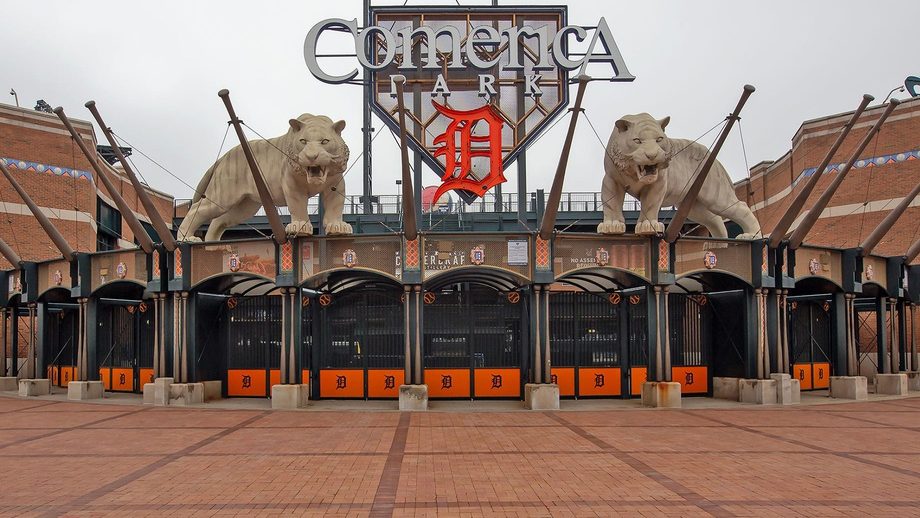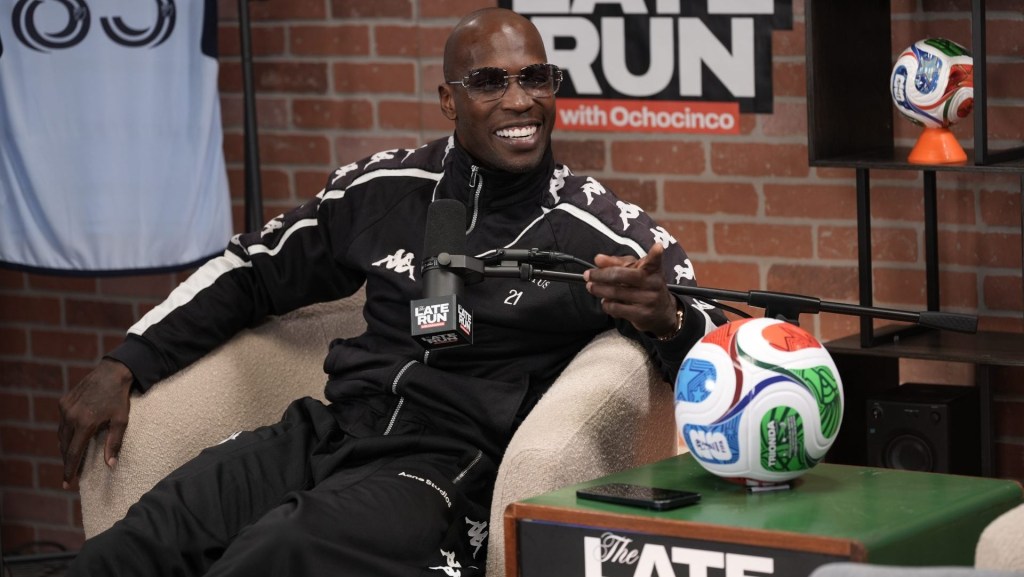On Tuesday, ESPN and other channels owned by Disney remained dark on Charter’s Spectrum cable TV services for the fifth straight day.
The continuing blackout impacts over 14 million cable TV customers coast-to-coast in the country’s biggest TV markets such as New York and Los Angeles. If the two sides don’t come to terms on a new carriage agreement, Disney will have to say goodbye to $2.2 billion in annual programming fees, warns Charter.
That’s more in one year than the $1.5 billion in licensing fees ESPN will pocket over a decade from Penn Entertainment to rebrand the Barstool Sportsbooks as “ESPN Bet.”
The stakes are high for both sides in this TV standoff.
A Charter victory could be the final nail in the coffin of the disintegrating pay cable TV bundle, warn industry experts. But a win by Disney would keep the lucrative bundle alive for a few more years. Or at least until networks like ESPN are finally ready to go direct-to-consumer.
On Labor Day, Disney raised the ante by urging furious Spectrum customers to cut the cord and switch to Hulu + Live TV,, and reminding them they missed out on the return of college football and U.S. Open tennis over Labor Day weekend.
“It can be infuriating to not be able to access the content you want,” Disney said in a statement. “Luckily, consumers have more choices today than ever before to immediately access the programming they want without a cable subscription.”
ESPN’s top on-air talent like Stephen A. Smith entered the fray to try to swing public opinion to Disney’s side.
“If you are personally affected, if you want to see ESPN for LIVE games, the US OPEN or anything else your heart desires from the sports world, you can visit this website http://keepmynetworks.com for information about where you can get it,” tweeted Smith. “Bottom Line: YOU HAVE CHOICES!!!”
But the nation’s second-largest cable operator has also come out swinging.
“We are disappointed that thus far they have insisted on unsustainable price hikes and forcing customers to take their products, even when they don’t want or can’t afford them,” said Charter in a statement. “They also want to require customers to pay twice to get content apps with the linear video they have already paid for.”
In the tit-for-tat war, Spectrum is also offering its customers a 30% discount to the Fubo streaming service for two months so they can watch ESPN.
Carriage disputes between cable operators and programming providers happen all the time. Typically both sides talk tough — then cut a deal at the deadline. But the impasse between Charter and Disney is unusual.
“Has the traditional TV ecosystem reached its proverbial tipping point?” asked media analyst Richard Greenfield of LightShed Partners. “If ESPN is permanently gone from Charter, there will be a massive snowball effect that is catastrophic for traditional TV companies.”
Disney will never have more leverage than it does this week: In just six days, ESPN’s “Monday Night Football” will televise Aaron Rodgers’ eagerly awaited regular season debut for the New York Jets against the Buffalo Bills.
But Charter’s not budging in its quest to fix what it calls a “broken” cable model. That’s a sign even the biggest and best content providers like Disney don’t have as much leverage as they used to. And a signal that cable operators like Charter are ready to abandon video entirely in favor of more lucrative broadband and wireless businesses.
As Charter chief executive officer Chris Winfrey warned: “We’re on the edge of a precipice. We’re either moving forward with a new collaborative video model — or we’re moving on.”
It comes at an awkward time for Disney, which just finished slashing 7,000 in jobs and $5.5 billion in costs. ESPN is also gearing up for billion-dollar negotiations to defend its NBA media rights, which expire in 2025.
“The collateral damage could be wide-ranging from sports leagues with rights coming up for renewal, local TV station affiliates seeking material step-ups and creative talent tied to the programming investments made by linear networks,” warned MoffettNathanson analysts Michael Nathanson and Craig Moffett.
If Disney/ESPN and Warner Bros Discovery Sports/TNT can’t retain their rights during an exclusive negotiation window, the league could throw the bidding open to deep-pocketed tech giants like Amazon, Apple, and Google.
Amazon Prime Video, in particular, is interested in landing a designated night of NBA programming similar to its 11-year, $11 billion deal with the NFL to exclusively stream “Thursday Night Football” outside of local markets.
Once NBA talks are completed, ESPN will have to pivot to expensive rights negotiations for the WWE and College Football Playoff.
ESPN referred calls to Disney, which cited its blog post on the dispute. Charter could not be reached for comment.
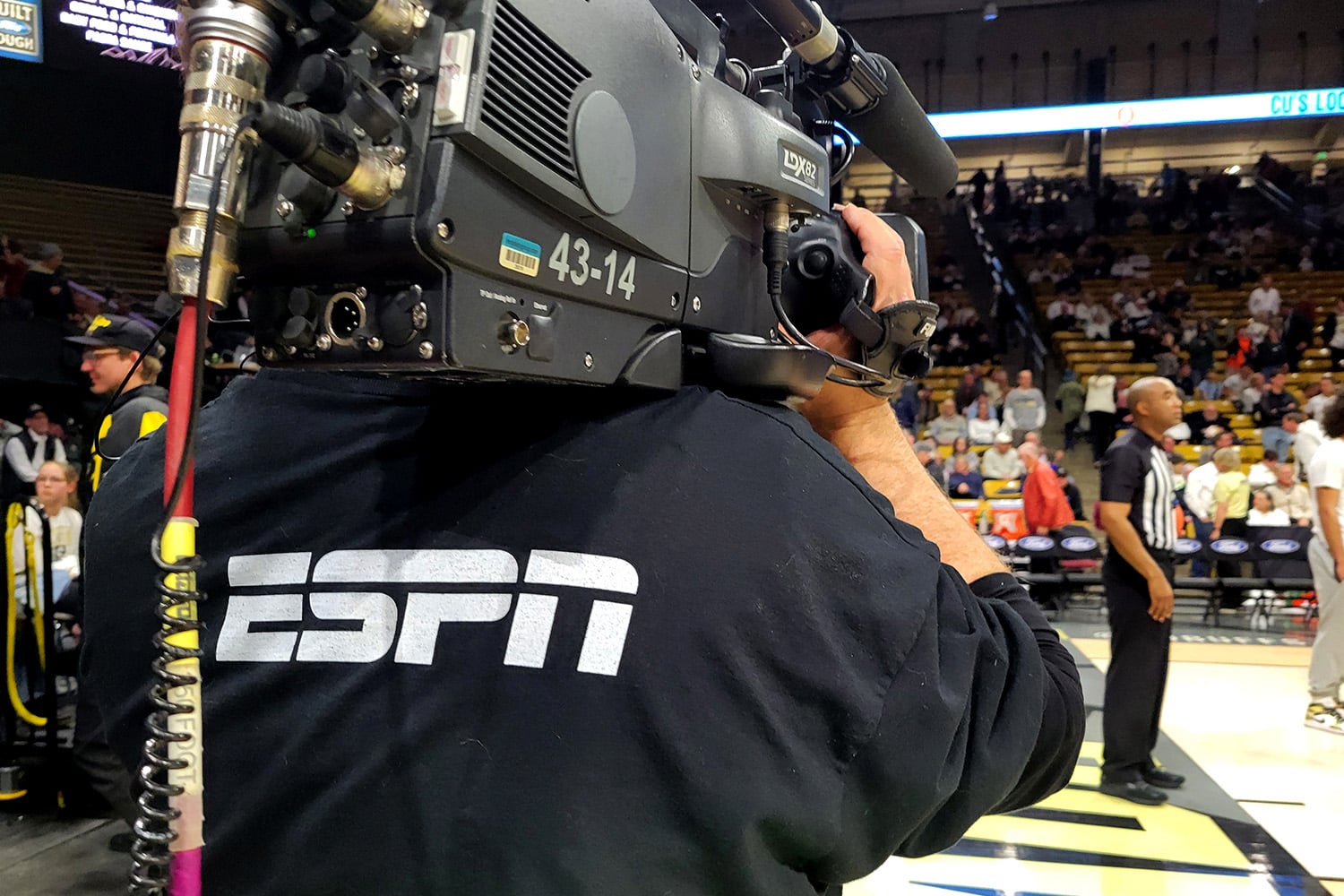
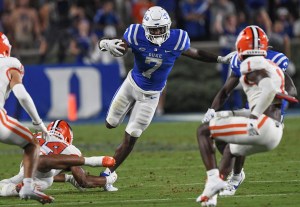
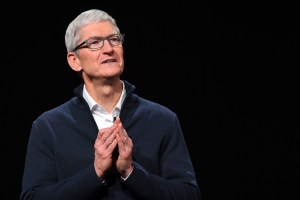






![[Subscription Customers Only] Jun 15, 2025; Seattle, Washington, USA; Botafogo owner John Textor inside the stadium before the match during a group stage match of the 2025 FIFA Club World Cup at Lumen Field.](https://frontofficesports.com/wp-content/uploads/2026/02/USATSI_26465842_168416386_lowres-scaled.jpg?quality=100&w=1024)
![[Subscription Customers Only] Jul 13, 2025; East Rutherford, New Jersey, USA; Chelsea FC midfielder Cole Palmer (10) celebrates winning the final of the 2025 FIFA Club World Cup at MetLife Stadium](https://frontofficesports.com/wp-content/uploads/2026/02/USATSI_26636703-scaled-e1770932227605.jpg?quality=100&w=1024)
